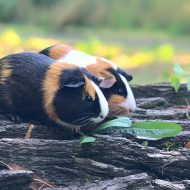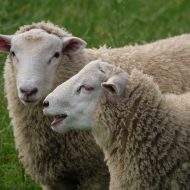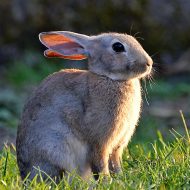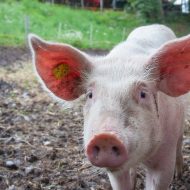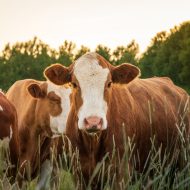Ringworm
Ringworm is caused by fungus* and is a common infection that affects the feet, groin*, scalp, beard, head, arms, toenails, and fingernails.
Overview
How can I get it?
- Direct contact with a person who has ringworm.
- Ringworm can spread through direct contact (touching someone who has ringworm) or through contact of dirty clothing, towels, combs, or other personal items that the infected* person used.
- Touching an animal that has ringworm.
- Dogs, cats, cows, goats, pigs and horses are some of the animals that can spread ringworm to humans. Exposure to the infected* environment.
- Ringworm fungi can live in many different areas such as locker rooms, public showers, or moist places. Humans can get the fungus* by touching these infected* areas or surfaces.
- Dogs, cats, cows, goats, pigs and horses are some of the animals that can spread ringworm to humans. Exposure to the infected* environment.
General Symptoms:
- Itchy skin
- Ring-shaped rash
- Red skin
- Peeling skin
- Cracked skin
- Hair loss
Symptoms on feet (tinea pedis or athletes’ foot):
- Red, swollen, itchy skin between toes. Skin can begin to blister, and heels or soles can also become infected*.
Symptoms on scalp (tinea capitis):
- Itchy, peeling, red, round bald spots on the head. The bald spots can grow, and more spots can begin to spread. Scalp ringworm is more common in children.
Symptoms on groin* (tinea cruris or jock itch):
- Peeling, itchy, red spots that form around the inner thigh.
Symptoms on beard (tinea barbae):
- Peeling, itchy, red spots form on the cheeks, chin, or upper neck. The red spots can become hard, and puss* filled along with hair loss in infected* area.
What can I do to stay healthy?
- Do not walk without shoes in public showers or locker rooms. Make sure to wear water-resistant shoes.
- Wear shoes that allow easy movement. Always change socks and underwear at least once a day.
- Keep skin dry and clean.
- Do not share clothing, towels, or other personal items with someone who has ringworm.
- For those who play sports, make sure to keep sports gear and uniforms clean. Always shower after practice, games, or matches. Do not share your sports gear or clothing with others.
- Always wash your hands with soap and water after petting or playing with your pets.
- Proper Handwashing – Wash your hands with soap and running water for at least 20 seconds. Make sure to scrub your thumbs, between your fingers and the tops and bottoms of your hands. Dry your hands with a paper towel.
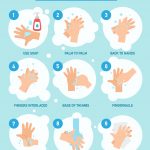
- If you are handling an animal with ringworm, make sure to wear gloves and long sleeves or clothing that does not show your skin.

- Sanitize the areas that infected* pets were spending time around such as equipment or other surfaces.
- If you believe that your pet might have ringworm, make sure to see a veterinarian.
*Definitions:
- Fungus: A simple organism, or living thing, that is neither a plant nor an animal.
- Groin: The area where your thigh meets your stomach.
- Infected: When germs get inside of a body, animal, or an organism.
- Puss: A thick yellowish-white liquid that forms in an infected area.
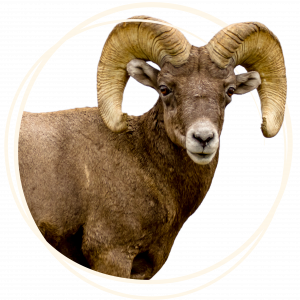
Learn About Other Diseases
Click below to learn more about the many different diseases that can spread between animals and humans.
Diseases